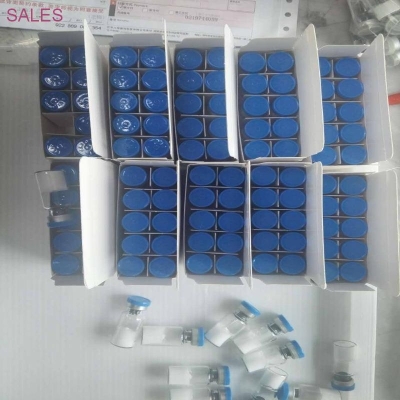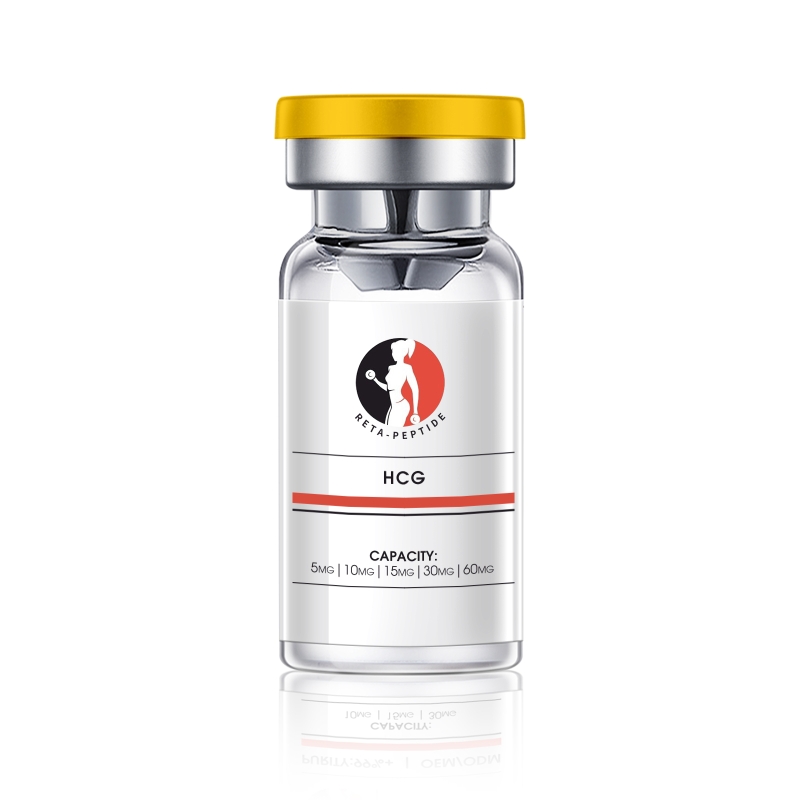-
Categories
-
Pharmaceutical Intermediates
-
Active Pharmaceutical Ingredients
-
Food Additives
- Industrial Coatings
- Agrochemicals
- Dyes and Pigments
- Surfactant
- Flavors and Fragrances
- Chemical Reagents
- Catalyst and Auxiliary
- Natural Products
- Inorganic Chemistry
-
Organic Chemistry
-
Biochemical Engineering
- Analytical Chemistry
-
Cosmetic Ingredient
- Water Treatment Chemical
-
Pharmaceutical Intermediates
Promotion
ECHEMI Mall
Wholesale
Weekly Price
Exhibition
News
-
Trade Service
On the evening of November 17, Henlius announced that it would grant the US market rights of its PD-1 product sililumab to its parent company, Fosun Pharma
.
According to the agreement, Fosun Pharma is required to make an upfront payment of RMB1 billion, a one-off regulatory milestone payment of US$50 million (approximately RMB358 million), a maximum of US$650 million (approximately RMB4.
652 billion) of sales milestone payments, and royalties, etc.
, for a total transaction amount of approximately RMB6 billion
.
Slightly different from the common drug authorization transaction, this transaction sets up a VAM repurchase clause:
After the third anniversary of Fosun Pharma's first commercial sale of slilumab, Henlius has the right to repurchase the relevant license rights for a consideration of three times the sales amount in the past one year, with a minimum of US$250 million
.
If Fosun Pharma does not reach 50% of its expected sales for two consecutive years, Henlius will pay Fosun Pharma the actual expenses incurred in the past two years and recover slilumab
.
Serplulimab is a humanized monoclonal antibody of IgG4 independently developed by Henlius for PD-1 targets, which can play a therapeutic role
by blocking the binding of PD-1 to its ligand PD-L1 and enhancing the anti-tumor response of T cells.
On March 24, 2022, Henlius PD-1 serplulimab was approved by the State Food and Drug Administration for the unresectable, metastatic highly microsatellite unstable (MSI-H) after the failure of standard therapy
Solid tumor is the 13th PD-1/PD-L1 class drug
marketed in China.
On November 1, 2022, serplulimab was approved for the second indication in China for the first-line treatment of inoperably advanced or metastatic squamous non-small cell lung cancer
in combination with carboplatin and albumin paclitaxel.
This time, Henlius transferred the rights and interests of serplulimab in the US market, which means that the commercialization task of the US market was handed over to its parent company, Fosun Pharma.
Henlius mentioned in the announcement that Fosun Pharma Group has specialization, branding and digital matching with existing products and products to be listed
Henlius believes that the in-depth cooperation with Fosun Pharma Industry will help further expand the overseas market of serplulimab by providing more than 1,400 people in overseas professional marketing and building a comprehensive support system in medical affairs, market access, medical strategic alliances, brand promotion
, etc.
Before serplulimab, several domestic PD-1 drugs have tried to land on the US market, but there have been no successful cases
so far.
On April 7, 2022, Henlius announced that serplulimab for the treatment of small cell lung cancer (SCLC) has been granted orphan drug designation by the US Food and Drug Administration (FDA
).
Although the number of PD-1 monoclonal antibodies approved for marketing worldwide has been large, small cell lung cancer is still a blank area for PD-1 monoclonal antibodies, even the killer O drugs and K drugs, in the indication of small cell lung cancer, have also been planted, and have been tragically withdrawn
after approval.
At present, only Roche's atezolizumab (Tecentriq) and AstraZeneca's durvalumab (Imfinzi) are approved for the treatment of small cell lung cancer, which are two PD-L1 monoclonal antibodies
.
Among them, Roche's atezolizumab has sales of $3.
58 billion in 2021; AstraZeneca's durvalumab, with sales of $2.
412 billion in 2021, are far from O drugs and K drugs, but small cell lung cancer is the only secret device of the two, which is the biggest differentiated value relative to O drugs and K drugs
.
If serplulimab can land on the US market with the indication of small cell lung cancer, its commercial value is worth looking forward to
to a certain extent.







